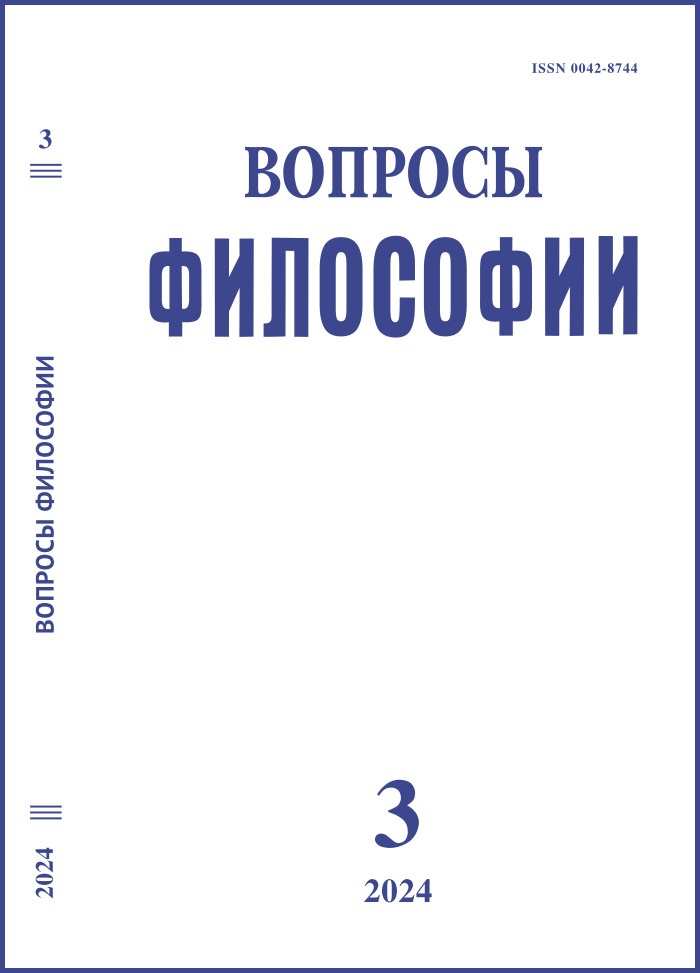The Emergence, Development, and Meaning of the Concept “Reflection” in Philosophy and Psychology
DOI:
https://doi.org/10.21146/0042-8744-2024-3-96-104Keywords:
the term of reflection, historical materialism, dialectical materialism, philosophical anthropology, philosophy of psychology.Abstract
This study is an attempt to reconstruct the development of the term “reflection”, which was of great importance within the framework of historical and dialectical materialism and remains one of the central concepts of modern Russian psychology, especially in Leningrad (St. Petersburg) and Moscow schools of psychology. Also, an anthropological analysis of this term would contribute to modern cross-disciplinary studies delivering the psychological vision of the human nature to a broader professional community. To reach this aim, we highlight the specific characteristics of the development of the term “reflection” and identify the three stages of its development: 1) 1920–1960; 2) 1961–1990; 3) from 1991 to the present. The research shows that the concept and term “reflection” was not a domain of psychological science and thought until the end of the first quarter of the 20th century. So, in the first period of the concept development the attempts were made to actively include it in the discourse of historical and dialectical materialism, the results of which were approved and consolidated through numerous discussions and congresses, while in the second period, discussions arise and develop in relation to the already established idea of reflection as a philosophical category, and the question arises of what actually observed processes can be attributed to it. The third period is already characterized by an appeal to this term outside the context of Marxist theory and ideology. The term and the concept remain in active use in psychological theories and concepts.

